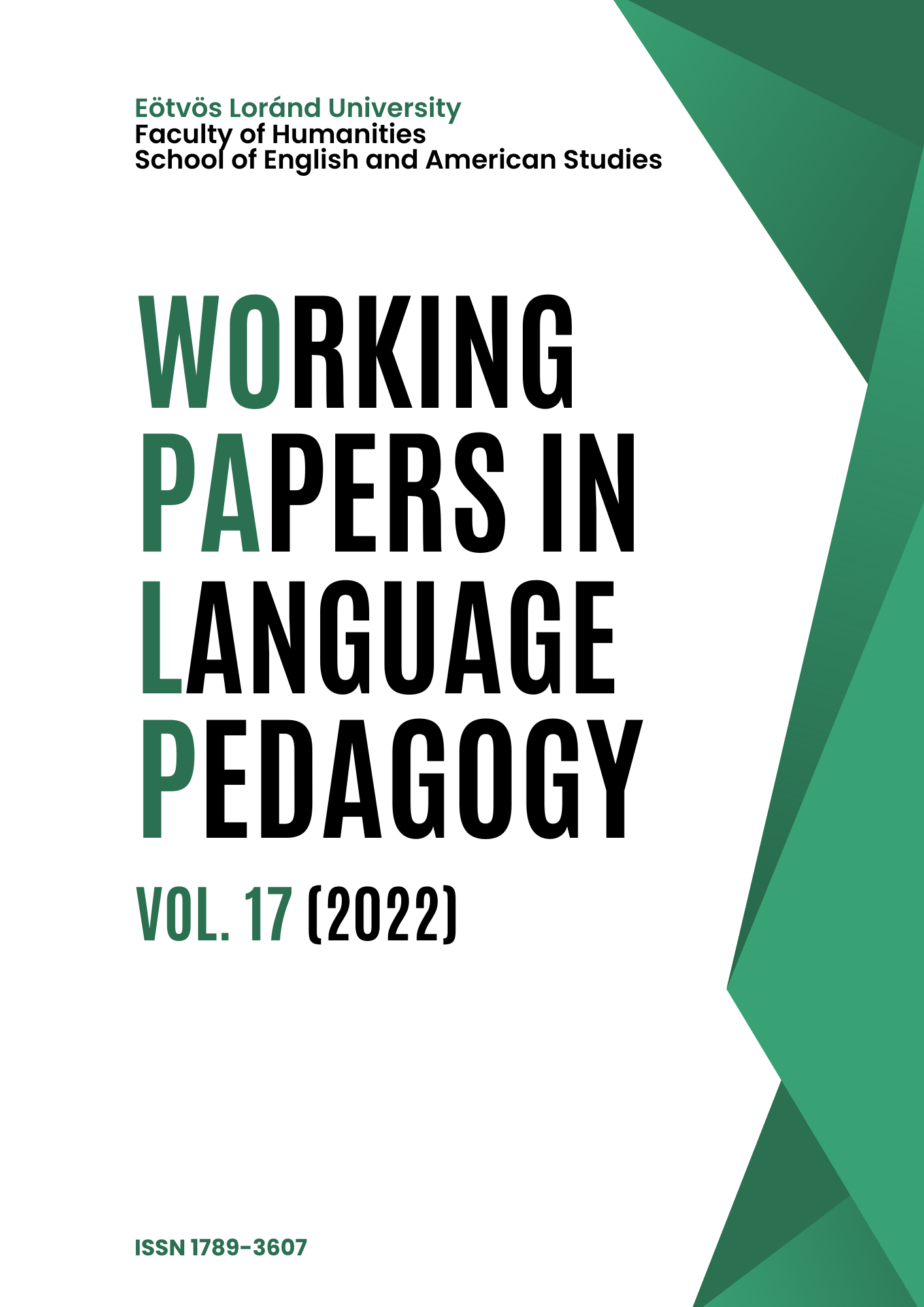Self-Repair and Vocabulary Attrition In English as a Second Language: A Multiple Case Study of Moroccan Non-Native Speakers of English
DOI:
https://doi.org/10.61425/wplp.2022.17.23.44Keywords:
self-repair, second language vocabulary attrition, conversation analysis, bilingualism, English as a second languageAbstract
The present study examines self-repair produced in free speech by Moroccan speakers of English as a second language. It essentially compares self-repair strategies of proficient second language speakers with self-repair strategies of low-level speakers who also identify as attriters, focusing primarily on productive vocabulary knowledge. Silent films were used as the prompt for L2 output. To analyze the data, self-repair instances were identified, color- coded, then classified on the basis of three categories: hesitation pauses, lexical and quasi-lexical speech fillers, and full and partial repetitions. The study concluded that in the given context of the research, self-repair was prevalent amongst all four participants, though with varying degrees. It also showed that the most used categories of self-repair were full and partial repetitions as well as lexical and quasi-lexical speech fillers. The comparative analysis showed a possible link between self-repair, length of the disuse period where attrition occurred, productive vocabulary size, and the level of proficiency in English as a second language. The qualitative analysis revealed differences in the underlying reasons for the participants’ use of self-repair. Proficient speakers mainly employed self-repair to compensate for false starts, while the attriters employed self-repair to achieve lexical attainment and/or to exert lexical replacement. The paper draws on literature on vocabulary knowledge, the bilingual mental lexicon, self-repair, and second language attrition to show that studying self-repair is important in the context of second language learning and second language attrition as it adds to our understanding of the learners’ cognitive processes and has implications for language pedagogy.




